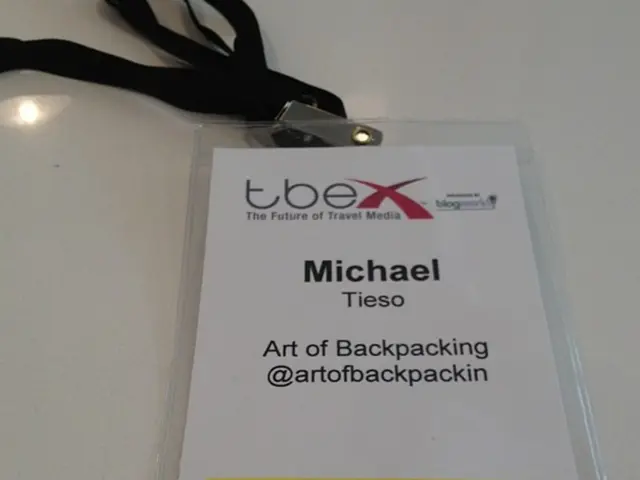Homeland Security appeal to nostalgic sentiments on social media, utilizing symbols and ideas centered around White identity.
The Department of Homeland Security (DHS) has come under fire for its recent recruitment strategy, particularly from U.S. Immigration and Customs Enforcement (ICE), which has been criticized for using nationalist and divisive imagery in social media posts.
Launched in mid-2025, the campaign calls on "brave and heroic Americans" to join ICE in enforcing immigration laws, framing the effort as a battle against an "open borders disaster." This recruitment drive is marked by its heavy use of patriotic themes and nationalist rhetoric, effectively linking law enforcement service to a perceived defense of the nation against external threats.
The messaging directly politicizes the recruitment appeal, raising concerns that evoking "patriotism for pay" could inflame divisions, encourage an us-versus-them mentality, and potentially foster abuse of power within immigration enforcement. The recruitment push coincides with unprecedented federal funding from the recently passed "One Big Beautiful Bill," allowing ICE to offer large signing bonuses, student loan forgiveness, and relaxed age restrictions to attract applicants. This surge in funding and benefits has resulted in over 100,000 job applications over the past two weeks, potentially indicating that the new strategy is paying off.
However, the approach has sparked debate about potential abuses of power, the promotion of a confrontational identity, and the recruitment of personnel motivated by politicized narratives rather than unbiased public safety objectives. Critics argue that framing recruitment through divisive, nationalist imagery risks encouraging extremism and undermining civil rights.
Moreover, the use of copyrighted material, such as paintings by Morgan Weistling, Thomas Kinkade, and the band Black Rebel Motorcycle Club's rendition of "God's Gonna Cut You Down," has been met with strong condemnation from the artists and their representatives. Despite these objections, DHS has refused to remove the content, citing its purpose as advancing the work of a government agency as promoting public interest.
The recruitment strategy has also been criticized by historians and experts as having alarmingly nationalist undertones and appeals to a specifically White and Christian national identity. One example is a recruitment poster featuring Uncle Sam at a crossroads, with the words "homeland" and "opportunity" on one direction and "invasion" and "cultural decline" on the other. This poster seems to allude to "Which Way Western Man?", a 1978 book by White nationalist William Gayley Simpson, known for its antisemitic tropes and prominence in modern White supremacist literature.
In summary, DHS’s use of nationalist and divisive imagery in ICE’s 2025 recruitment campaign reflects an intensified political, ideological framing of immigration enforcement. While successful in drawing record applicant numbers due to generous incentives fueled by new legislation, the approach has sparked debate about potential abuses of power, the promotion of a confrontational identity, and the recruitment of personnel motivated by politicized narratives rather than unbiased public safety objectives.
- The use of nationalist and divisive imagery in the ICE recruitment campaign on social media, combined with politicized messaging, could potentially foster an attitude where power may be abused and encourage an us-versus-them mentality, blurring the lines between law enforcement and politics.
- The intensified political and ideological framing of immigration enforcement in the 2025 ICE recruitment campaign, as displayed through the use of nationalist imagery on social media, has sparked controversy over whether it encourages extremism, disregards civil rights, and recruits individuals motivated by politicized narratives rather than unbiased public safety objectives.








